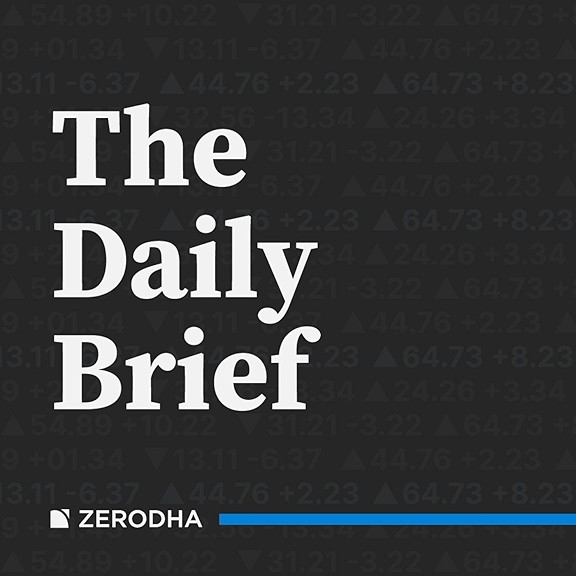
Revolutionizing Data Analysis For Precision Medicine - Adam Kurkiewicz of Biomage
Adam Kurkiewicz is the CEO and co-founder of Biomage, an open-source bioinformatics software company whose mission is to improve human health through science and technology. Biomage makes it easier for researchers to understand their own data without having to hire a bioinformatician, which often comes with problems around collaboration, communication, and price.
After completing his Bachelors in Computer Science and Mathematics, Adam joined Skyscanner. And though he loved the company culture, he did not agree with the mission and instead wanted to address people’s health problems, so he decided to pursue a PhD in bioinformatics. However, he decided to not continue with his PhD, and along with his friends Iva and Marcell, they founded Biomage. After overcoming hurdles in the hiring process, Adam and his co-founders have now successfully and proudly expanded their team to 15 people.
In terms of their software, while a typical biology experiment will produce one data point, with Biomage’s single-cell RNA-seq technology, a single experiment results in 200 million data points. Naturally, that would require powerful software capable of processing all that data. So, in simple terms, Biomage’s software does both the processing as well as the analytics of data. Inspired by MongoDB and Elasticsearch, Adam likens Biomage to being the MongoDB of bioinformatics.
Here’s proof that Biomage works. Dr. Angela Bradshaw’s research on the heart bypass in the University of Glasgow uncovered the mechanism occurring after receiving a bypass that leads to its failure. Through this research, they’re able to prevent this from happening in the future, and this discovery would not have been possible without Biomage. Aside from the University of Glasgow, another one of Biomage’s partners is Harvard Medical School, and they hope to partner with more and more universities and institutions.
Adam shares his advice for founders on how to raise funding, and he highly encourages joining accelerator programs. In 10 years’ time, Adam envisions Biomage contributing to major advancements in precision medicine, because ultimately, their goal is to help as many scientists as possible for the betterment of everyone.
Adam’s key lessons and quotes from this episode were:
- “In traditional businesses, the term human resources or even just the approach to the employees is as sort of just a commodity resource, but we really do not think about our employees that way. They are the company, and that's it.” (20:40)
- We envision becoming a multi-product, open-source bioinformatics company that really helps, that really allows any bioinformatician, any biologist who has bioinformatics needs to get their job done in a better way than right now.” (25:14)
- “That's the beauty of the fundraising process; it only has to work once. You can have 100 conversations with investors. It only has to work once. You only need it to work once.” (30:06)
- “I believe that precision medicine will happen, and has been waiting to happen, and will happen sooner or later, and I believe Biomage is just going to be a big part of that story.” (35:04)
In this episode, we also talked about:
- Adam’s education and then how his career began at Skyscanner (1:28)
- From being a PhD student to Biomage founder (3:51)
- Biology then and now (7:39)
- How and why Biomage is a big help in research (12:17)
- The biggest challenge for Adam and his team (16:48)
- Developing Biomage and one of their main partnerships (22:14)
- Biomage and its role in drug development (26:29)
- How to get investors (29:57)
- How Adam sees the world in 10 y




















